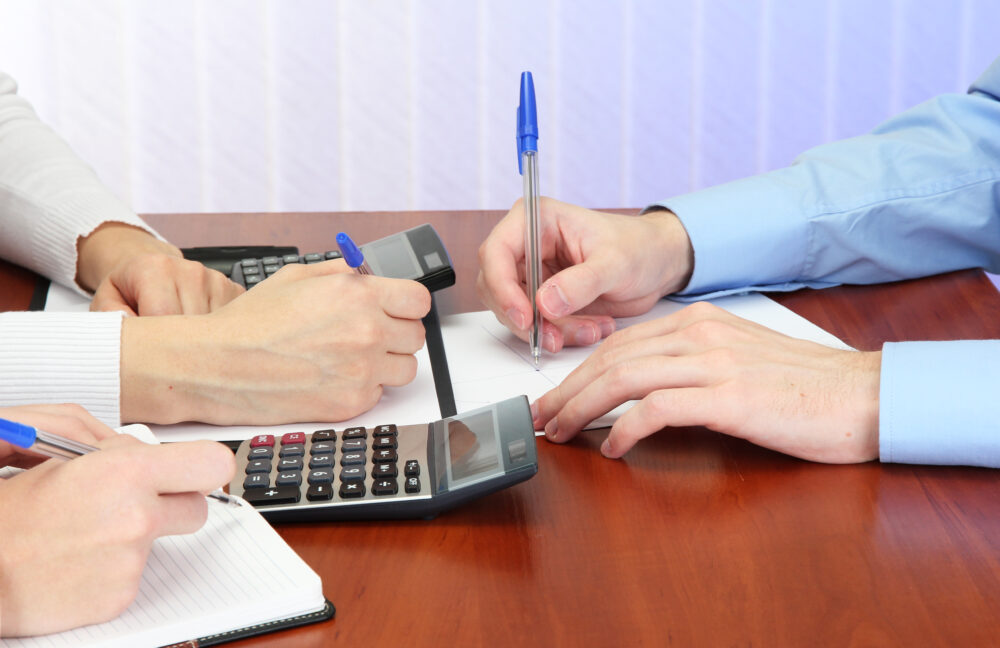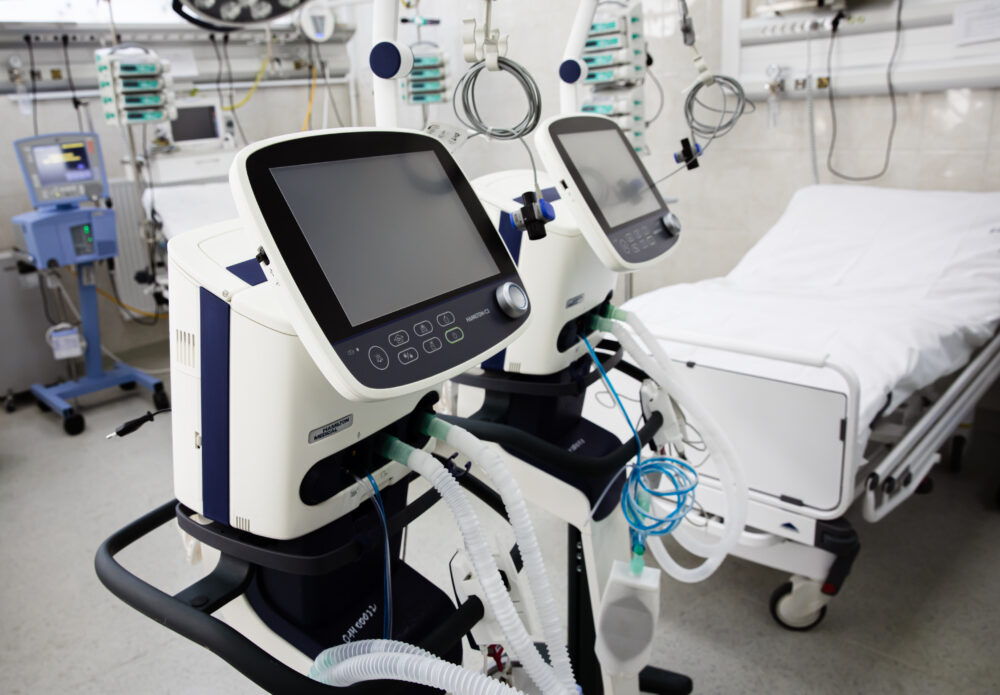I. Overview:
Currently, aquaculture is gradually becoming one of the key commodity production sectors, expanding broadly with investments focused on high-value aquatic species that have export potential and generate high efficiency. Accordingly, the Prime Minister has issued Decision No. 339/QD-TTg dated March 11, 2021, on approving the Strategy for Development of Vietnam’s Fisheries by 2030 with vision towards 2045 and has approved numerous key programs and projects aimed at developing Vietnam’s fisheries for many years to come. The Prime Minister also emphasizes the importance of attracting resources and economic sectors to invest in developing fisheries effectively, including the force of enterprises playing a core role, as a crucial strategy for the fishery’s growth.
Regarding the current status of aquaculture, according to statistical data recorded by the National Statistics Office of Ministry of Finance: The total fishery production in the first quarter of 2025 was estimated to reach 1,993.4 thousand tons, an increase of 2.8%, in comparison to the same period last year. Aquaculture production in the first quarter of 2025 was estimated at 1,113.6 thousand tons, an increase of 5.1%, in comparison to the same period last year. Capture fisheries production in the first quarter of 2025 was estimated to reach 879.8 thousand tons, an increase of 0.1%, in comparison to the same period last year, of which: marine capture fisheries production was estimated at 832.0 thousand tons, an increase of 0.2%, in comparison to the same period last year.1
From these practical developments, it can be observed that the aquaculture industry is one of the important sectors in Vietnam’s production landscape and continues to develop steadily. This article focuses on analyzing the conditions for foreign investors in freshwater aquaculture, based on Decision No. 27/2018/QD-TTg (VSIC Code 0322), prior to the Investors implementing their investment and business activities in Vietnam.
II. Legal basis for the freshwater aquaculture activities of foreign investors:
II.1. Definition:
a. Definition of aquaculture activities:
Regarding the definition, currently, the activity of “aquaculture” is not specifically defined by law. However, according to Decision No. 27/2018/QD-TTg, the activity of “aquaculture” is defined in a detailed list according to the third-level business line as follows:
“032: Aquaculture
Involving the culturing or farming (including harvesting) of aquatic organisms (fish, molluscs, crustaceans, plants, crocodiles, alligators and amphibians); this group includes aquaculture in marine, brackish water, freshwater. This group also include aquatic nurseries.”
From this provision, it can be seen that the concept of “aquaculture” encompasses two notions: “marine aquaculture” and “freshwater aquaculture”.
Additionally, in specialized legislation, according to Clause 1, Article 3, Law on Fisheries “aquaculture” is considered as one of the “fishery activities”:
“” Fishery activities” means protection and development of aquatic resources, aquaculture, commercial fishing; processing, sale, purchase, export and import of aquatic products.”
b. Definition of freshwater aquaculture activities:
Regarding “freshwater aquaculture”, the following activities are considered as “freshwater aquaculture” pursuant to Decision No. 27/2018/QD-TTg:
“0322: Freshwater aquaculture
This class includes aquaculture of aquatic animals in freshwater such as lagoons, ponds, lakes, rivers, streams, paddy fields, etc.); aquaculture of other aquatic animals in brackish water (lagoons, estuary), resulting from mixing of seawater with fresh water due to changes in tides.
This class includes:
03221: Fish farming
03222: Shrimp farming
03223: Farming of other aquatic animals: culture of freshwater crustaceans (crabs, etc.), bivalves, other molluscs and other aquatic animals (snails, etc.) and other aquatic animals.
03224: Freshwater seed production
This sub-class includes the breeding, nursing and domestication of aquatic species (fish, shrimp and other aquatic products) for the purpose of sale for commercial purposes, aquaculture, aquaculture in freshwater, brackish water.
This sub-class also includes:
– Farming of ornamental fish;
– Farming of tortoises, frogs, crocodiles.”
II.2. Conditions for engaging in the freshwater aquaculture activities:
Based on Section B.14 of Appendix I of Decree No. 31/2021/ND-CP, the aquaculture is classified within the list of business lines with restricted market access for the foreign investors. Therefore, to carry out aquaculture activities, the investors must first complete procedures to obtain an Investment Registration Certificate (hereinafter referred to as “IRC“) and a Enterprise Registration Certificate (hereinafter referred to as “ERC“) with registration for the specific business line of freshwater aquaculture (VSIC code 0322), along with the appropriate detail of such business line to be eligible for licensing in accordance with laws on enterprise and investment.
After being issued the IRC and ERC, the Investor must meet the conditions regarding the necessary permits for aquaculture activities, those are: conditions related to facilities, infrastructure, etc., based on the Law on Fisheries and relevant guiding documents. The specific regulations are as follows:
a. General conditions applicable to aquaculture facilities:
The conditions applicable to aquaculture facilities are prescribed in Clause 1, Article 38 of the Law on Fisheries as follows:
“1. An organization or individual engaged in aquaculture shall satisfy the following requirements:
- a) Place of aquaculture shall comply with regulations on using land and marine aquaculture waters in accordance with regulations of law;
- b) Facilities are conformable with aquatic species and raising methods;
- c) Regulations of law on environment safety, veterinary medicines and occupational safety are complied;
- d) Regulations of law on food safety are complied;
- dd) Cage culture and main aquatic species are registered.
2. Organizations and individuals raising aquatic species for ornamental purposes, entertainment, fine arts and cosmetics shall comply with regulations in Points a, b, c and dd Clause 1 of this Article.
- Organizations and individuals engaged in mariculture shall formulate mariculture projects and be licensed by competent authorities, except for the individuals prescribed in Point a Clause 2 Article 44 of this Article.
4. The Prime Minister shall specify main aquatic species.
- The Government shall provide detailed guidelines for conditions of organizations and individuals engaged in aquaculture; power, contents of and procedures for issuance of certificates of eligibility for aquaculture; power, contents of and procedures for registration of cage culture and main aquatic species; contents of and procedures for issuing licenses for mariculture activities.”
Regarding the conditions related to facilities under point c, clause 1, Article 38 of the Law on Fisheries, depending on the form of aquaculture — whether pond or tank aquaculture or cage and pen aquaculture (hereinafter referred to as “cage aquaculture”) — the aquaculture facilities must meet the corresponding facility conditions as prescribed in Article 34 of Decree No. 26/2019/ND-CP.
b. Regarding the issuance of the certificate of eligibility for aquaculture:
As stipulated in Article 35, Decree No. 26/2019/ND-CP, the provincial fishery authority shall issue the certificate of eligibility for aquaculture (hereinafter referred to as “Certificate”) at the request of an organization or individual. However, in certain cities/provinces, obtaining the Certificate may be a mandatory requirement for the freshwater aquaculture activities of the foreign investors. Therefore, the investors should consult with the competent authorities prior to implementing their investment projects to avoid legal penalties and to better estimate the necessary budget and timeline for project implementation.
II.3. The procedures for granting the certificate of eligibility for aquaculture:
The procedures for granting the certificate of eligibility for aquaculture is stipulated in Article 35, Decree No. 26/2019/ND-CP as follows:
- Regarding legal documents:
- An application form (Form No. 23.NT in the Appendix III, Decree No. 26/2019/ND-CP);
- A map of cage locations/Culture area map.
- Regarding the steps for granting the Certificate:
- The applicant shall submit an application to the provincial fishery authority;
- Within 10 working days from the receipt of the satisfactory application, the provincial fishery authority shall carry out a site inspection at the establishment according to the Form No. 24.NT in the Appendix III Decree No. 26/2019/ND-CP. If the establishment satisfies all eligibility requirements, the provincial fishery authority shall issue the certificate according to the Form No. 25.NT in the Appendix III Decree No. 26/2019/ND-CP.
- In case of rejection of the application, a response and explanation shall be provided in writing.
- Regarding the validation of the Certificate: The certificate shall be valid for 24 months.
Relating posts
- Conditions for foreign investors to operate in employment services in Vietnam
- Conditions for foreign investors to engage in advertising services business in Vietnam
- The conditions for foreign investors to be issued investment registration certificate
Disclaimers:
This article is for general information purposes only and is not intended to provide any legal advice for any particular case. The legal provisions referenced in the content are in effect at the time of publication but may have expired at the time you read the content. We therefore advise that you always consult a professional consultant before applying any content.
For issues related to the content or intellectual property rights of the article, please email cs@apolatlegal.vn.
Apolat Legal is a law firm in Vietnam with experience and capacity to provide consulting services related to Business and Investment and contact our team of lawyers in Vietnam via email info@apolatlegal.com.





































